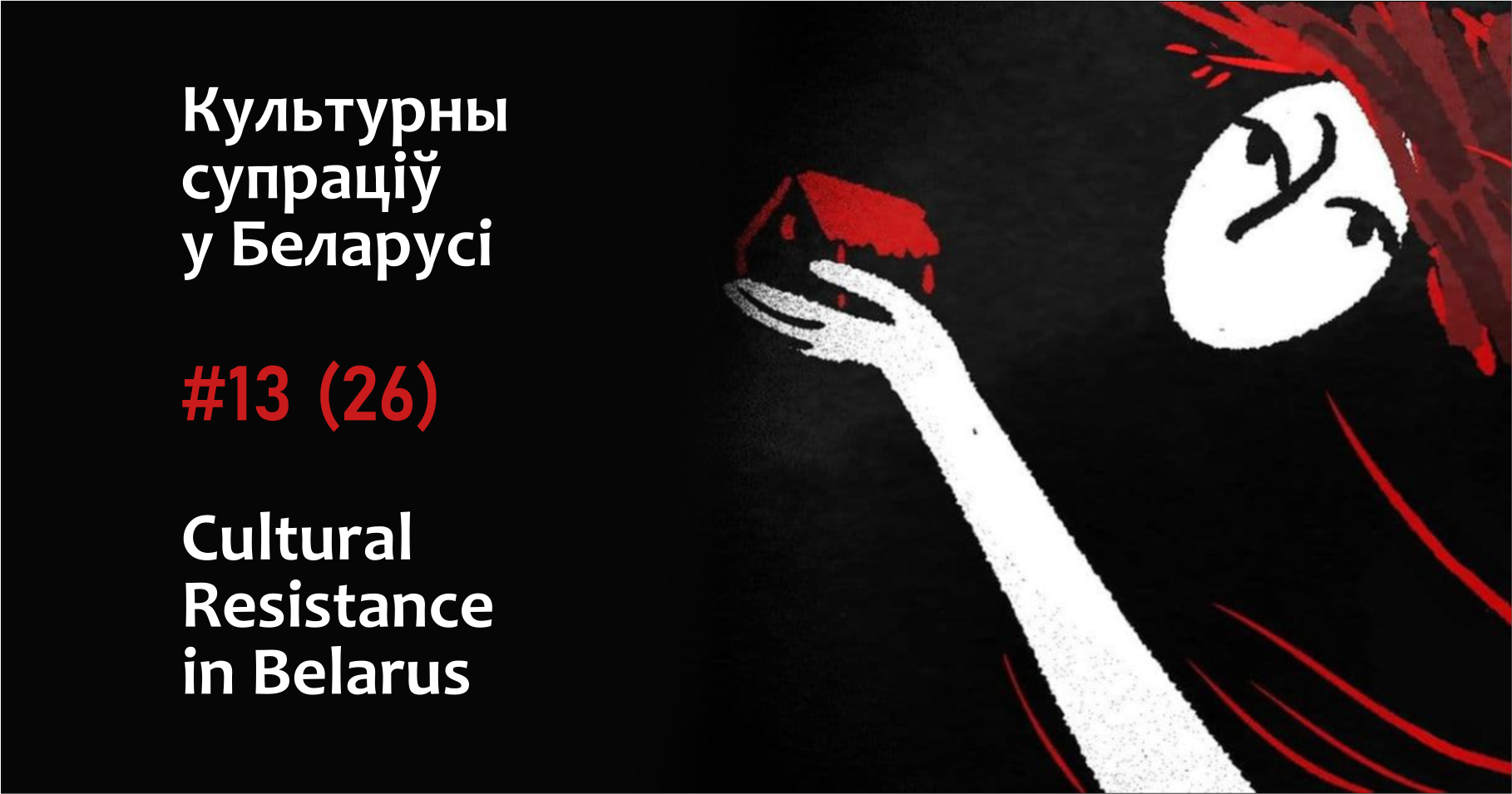
Stand with Belarusian Arts and Culture community. Donate to Save Our Songs campaign.
Arrests, Convictions, Persecution

Aleś Puškin [Ales Pushkin], an artist, was detained on March 31 and accused under Article 130 Part 3 of the Criminal Code of the Republic of Belarus – inciting national, racial and other hatred by a group of individuals. He faces 5 to 12 years in prison.
Mikoła Dziadok [Mikola Dziadok] was placed in solitary confinement for 9 days: on March 27, someone shouted “Long live Belarus!” during a walk, Mikoła supported him. Mikoła is now charged under three articles: Art. 342 (Organization and preparation of actions that grossly violate public order), Part 3 of Art. 361 (Calls for actions aimed at harming the national security of Belarus via the Internet), Part 1, Art. 295-3 (Illegal actions in relation to objects the action of which is based on the use of combustible substances) of the Criminal Code.
Volha Zavadskaja and Julija Badak were sentenced to three years of home imprisonment, Andrei Kolas – to three years of restricted freedom in an open penitentiary for hanging an effigy, made of waste, resembling Lukashenka in a public place in Brest.
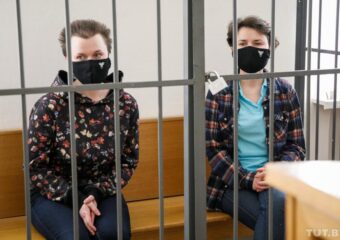
Viktoryja Mironcava [Victoria Mirontseva] was sentenced to 2.5 years in a general regime penal colony, and her sister Nastassia [Anastasia] – to 2 years. The girls were accused of “active participation” in group actions that grossly violate public order ”and“ violence or threat of violence against police officers” on August 10, 2020. Viktoryja was also accused of “resisting a police officer or other person guarding public order.” A 26-year-old Viktoryja studied to be an art teacher, her 24-year-old sister Nastassia is a sixth-year student at the Academy of Arts.
The book Belarusian National Idea by Zmicier Łukašuk [Zmitser Lukashuk] and Maksim Harunoŭ [Maxim Harunou] has been recognized as extremist.
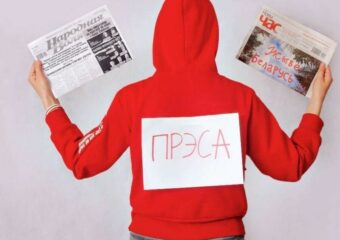 Jahor Staravojtaŭ [Yahor Staravoitau] was tried on April 1 for having the book Belarusian National Idea.
Jahor Staravojtaŭ [Yahor Staravoitau] was tried on April 1 for having the book Belarusian National Idea.
Novy Chas, the country’s only weekly independent newspaper in the Belarusian language, received a warning from the Ministry of Information for four articles. Two warnings are enough to start a liquidation procedure. Novy Chas pays a lot of attention to culture and art and publishes a monthly supplement “Literary Belarus”. In addition, the newspaper is an important source of information for prisoners (by subscription).
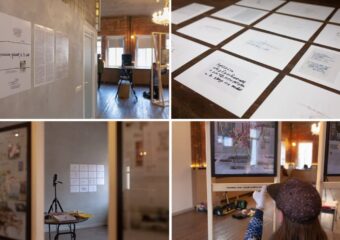
The legendary Belarusian rock band Krama was denied a touring certificate, so they won’t be able to hold a concert in Minsk. Touring certificates are not issued to those musicians who performed at neighbours’ gatherings. The songs of the legendary band also aren’t played on Belarusian radio.
The art space Mesca in Minsk, where the exhibition “A machine breathes, but I don’t”, dedicated to doctors, just opened, was closed on April 2 by the decision of the Ministry of Emergencies. On April 5, the organizers of the exhibition and activists of the public association “Zvyano” Natallia Trenina, Taćciana Hacura-Javorskaja [Tatyana Hatsura-Yavorskaya] and Julija Siemčanka [Yulia Semchanka] had their homes searched, after which they were detained and delivered to Akrestina detention centre.
On April 2, the House of Representatives of the National Assembly of Belarus adopted in the first reading the bill “On Amendments to the Laws on Countering Extremism.” The document proposes setting a special fast consideration of cases in civil proceedings against organizations with signs of extremism, as well as the recognition of certain symbols and information products as extremist materials.
Symbols
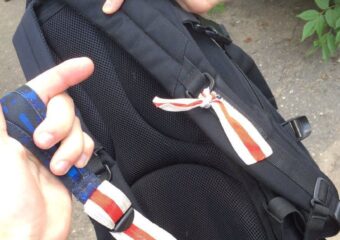
Unfortunately, already traditional punishments: 15 days for a white-red-white sticker on a car, a fine of 74 EUR [290 BYN] for curtains and ribbons tied on a branch of a tree, a fine of 562 EUR [1740 BYN] for two strips of siding to a mother of three children, a fine of 562 EUR [1740 BYN] for the emblem Pahonia on one’s own balcony.
Cultural Resistance
The premiere of the play “Leave Not Stay” by the independent theater company HomoCosmos took place on March 31 and April 1. Actors who quit the New Drama Theater together in the autumn 2020 play in it, directed by a famous Belarusian playwright and director Dźmitry Bahasłaŭski [Dmitry Bogoslavsky].
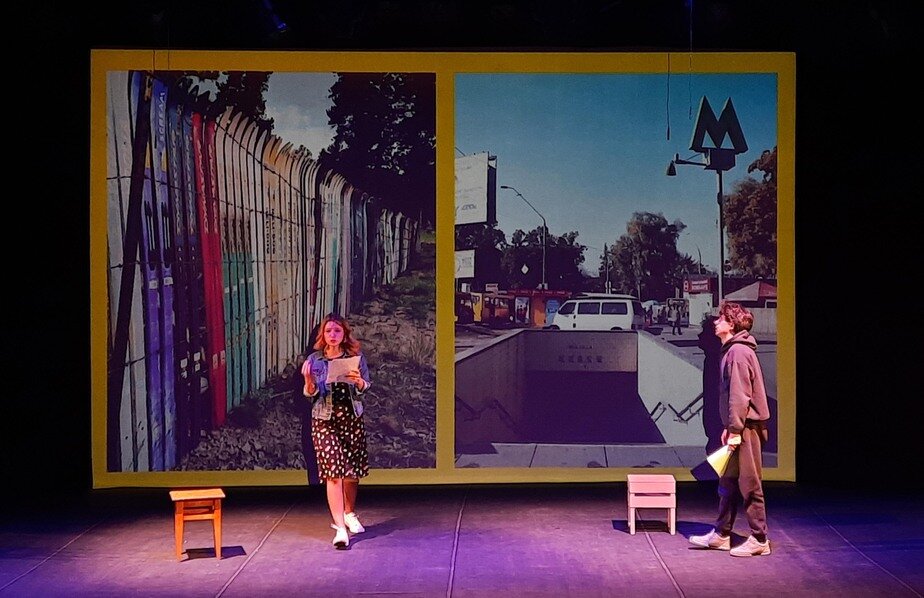
The short animation Mahutny Bozha (Mighty God) by Belarusian animator Julija Rudzickaja [Yulia Ruditskaya] has been listed for the Annecy Festival 2021, held annually in France in early summer.
On April 1, the Modern Art Theater, in the conditions of a ban on their live performances, showed an online performance “Thisisdemocration”.
Nizkiz has released a new song, reflective of the mood in Belarus in early spring 2021.
April 3, next episode in the series of LIVE concerts Victory Artists: Alexander Pomidoroff, “April Theses”.
Journalists from Mahiloŭ walked around the city taking atmospheric photos with important messages.
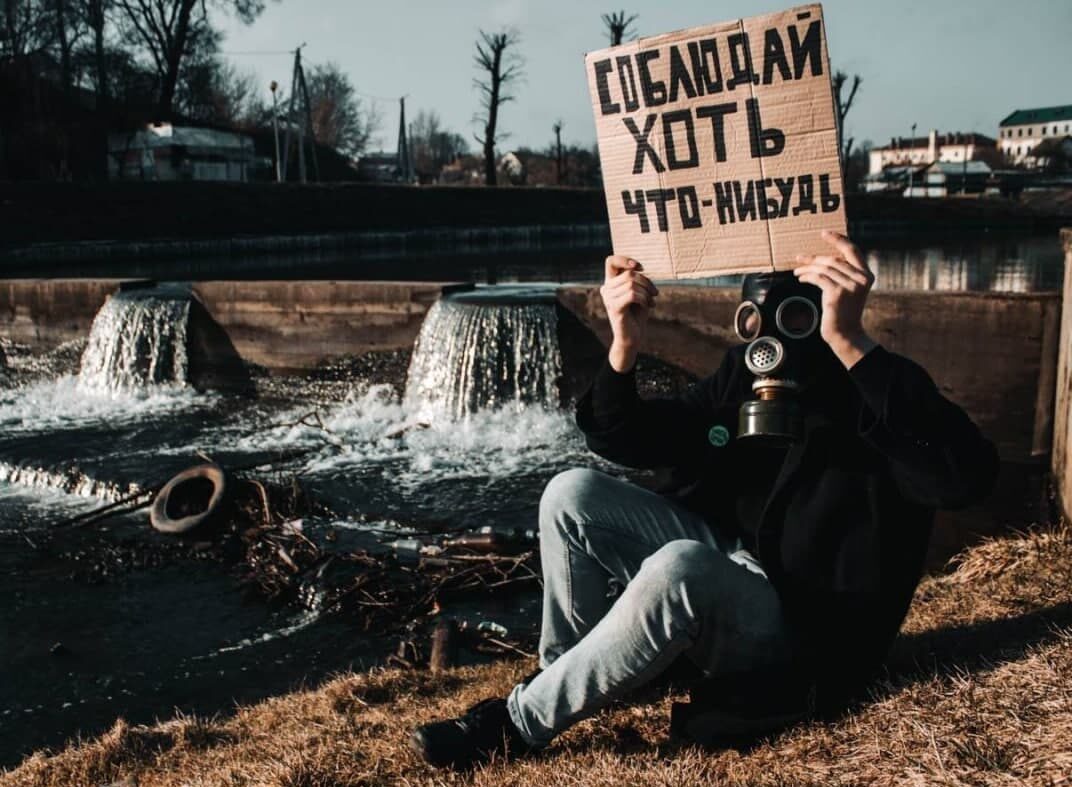
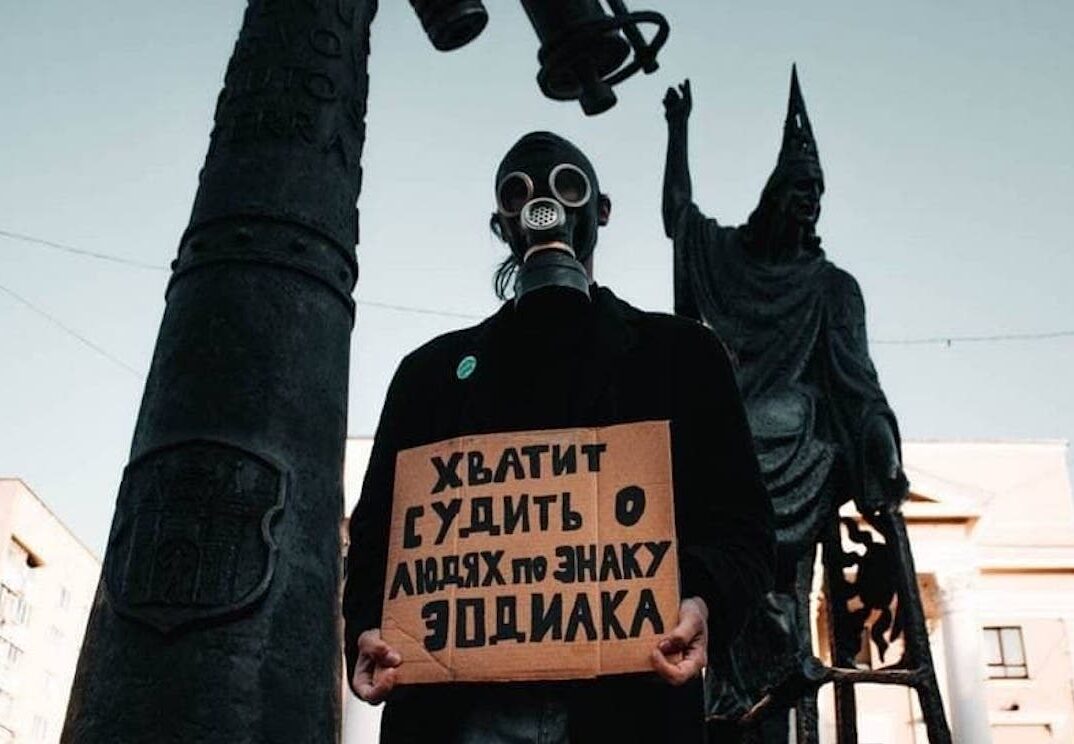
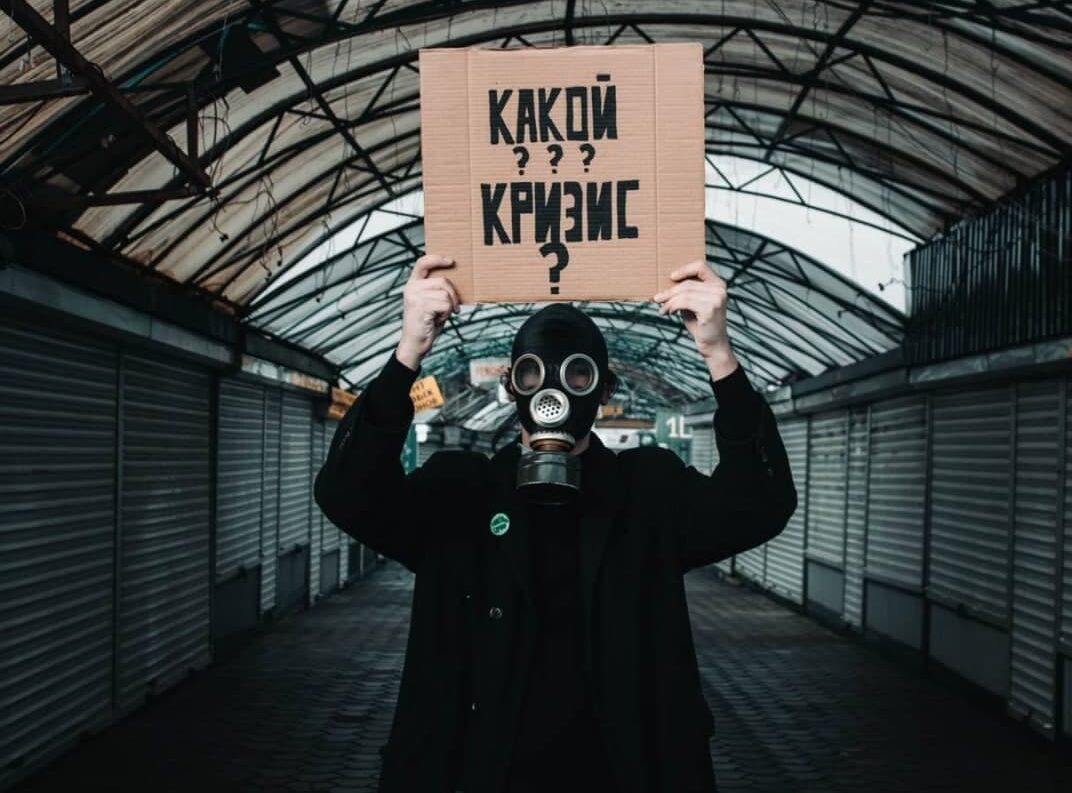
Words are more powerful: Zaryna Šaŭko [Zaryna Shauko], musician and vocalist of the medieval Belarusian music band Lity Taler, detained on February 22 in Minsk and sentenced to 15 days of administrative arrest, reads a poem by one of the youngest poets, victims of Stalinist terror, Juli Taŭbin [Yuli Taubin] shot in 1937.
New art pieces speaking about our reality:
karikatu.rama “Every pack adds to the dictator’s stash…”;
Lilya Kvatsabaya “Belarusians are kitties”;
Olga Yakubovskaya “Freedom Tour”
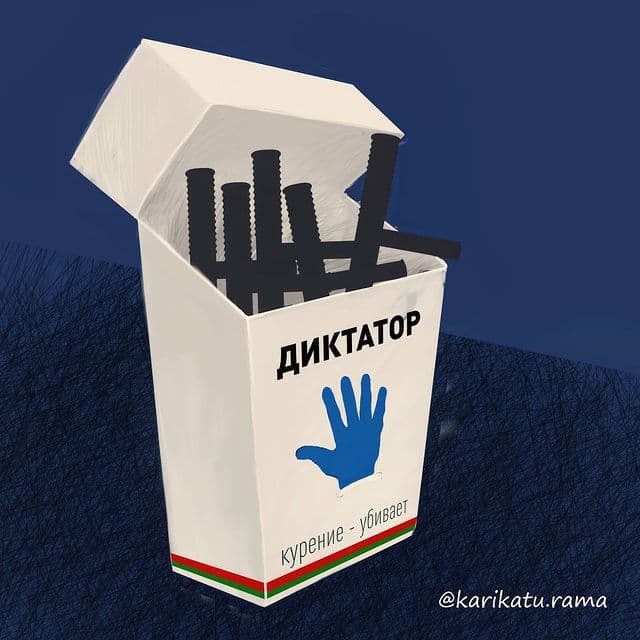
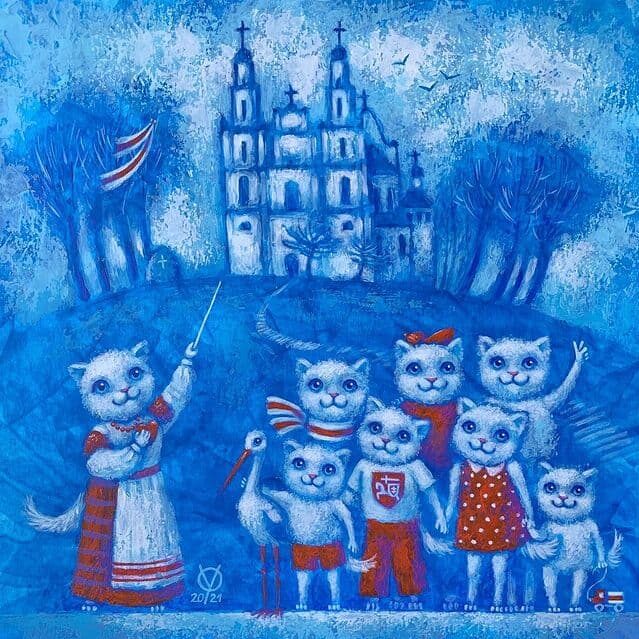
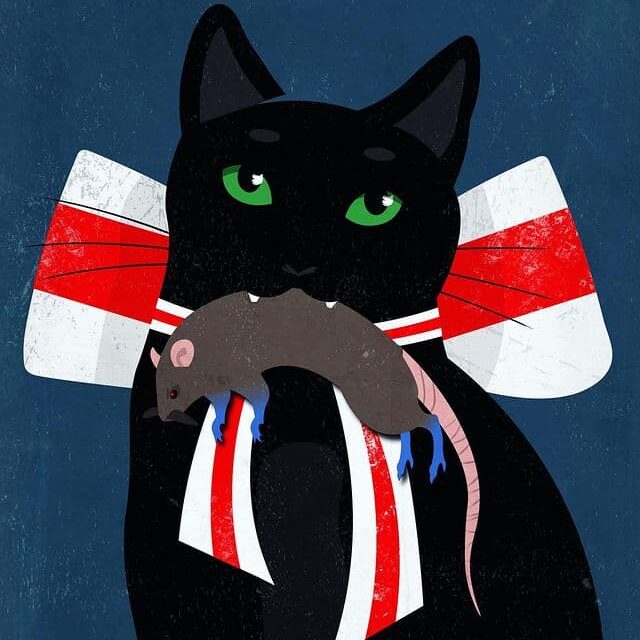
Voices of Belarusian Culture
Vital Aleksiajonak [Vitali Alekseenok], conductor of the orchestra of the University of Munich, who was commissioned by a major German publishing house to write a book “White Days of Minsk” – about a peaceful Belarusian protest, which he participated in August and September 2020:
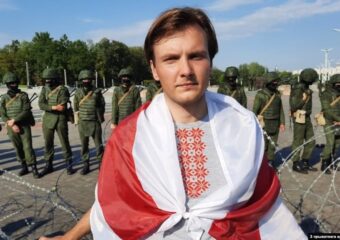
“I hope that first of all it will be interesting to a German reader, a German-speaking reader who doesn’t know and doesn’t understand our context, who learned about Belarus only last August and knows only that there was violence and some problems with the election. In the book, I described a lot of what we already understand – about the presidential campaign, about what happened during the pandemic, the very visible border between the Belarusian society and the regime, which are increasingly going in different directions”.
Valeryja Baravec [Valeria Baravets], journalist, about how the arrested Haim Sutin’s painting Eva became a symbol of protest :
“Eva was not shy. She didn’t forget the grievances, and didn’t rush to turn the other cheek. Revenge turned out elegant. She was our good friend, and when she was taken away, we noticed and stepped in. So two new Evas appeared in place of each one arrested”.
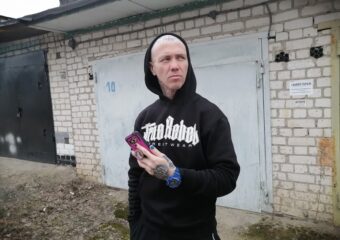
Ihar Bancar [Igor Bantser] talks about his condition after the arrest and hunger strike:
“Mentally, I’m in good shape, because I was prepared, ideologically in the first place. I mean this whole situation – the arrest itself, and what is happening in the country in political terms. But as for the physical, physiological moments, there are issues. At the end of the week I’m taking the next blood test. There are issues with the internal organs too”.
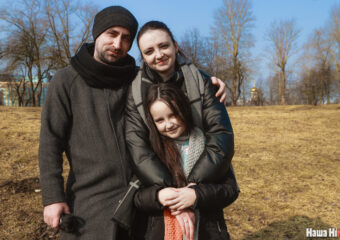
The Doŭnar family, founders of the Honar brand, tell what it’s like to be a Belarusian-speaking family in Belarus.
“We have to fight for Belarusianness. If you want your child to go to school where the teaching is in your native language – it’ll be a gymnasium far from home, if it’s a kindergarten, it’ll take some effort to find one. It’s not easy, because sometimes you just want to sleep in, but if you have a goal, you do everything possible”.
Alaksiej Baciukoŭ [Alexei Batiukov], former director of the Mahiloŭ Museum, fired for political reasons, tells why he was at the protests in 2020.

“First of all, it was my civil position. And secondly, I am an expert – a historian at the time – so I had to see what was happening with my own eyes. I can read in various sources that people went out to protest, but who are those people? As a historian I can record events by being directly at the scene, talking to people.”.
Belarusian photographers in Medusa’s material share how they comprehend the new reality and what they shoot when photo journalism has become very dangerous in Belarus.
International Solidarity
A large mural, based on a drawing by a Belarusian artist Anna Redko, appeared in Wroclaw and was initiated by the European Parliament.
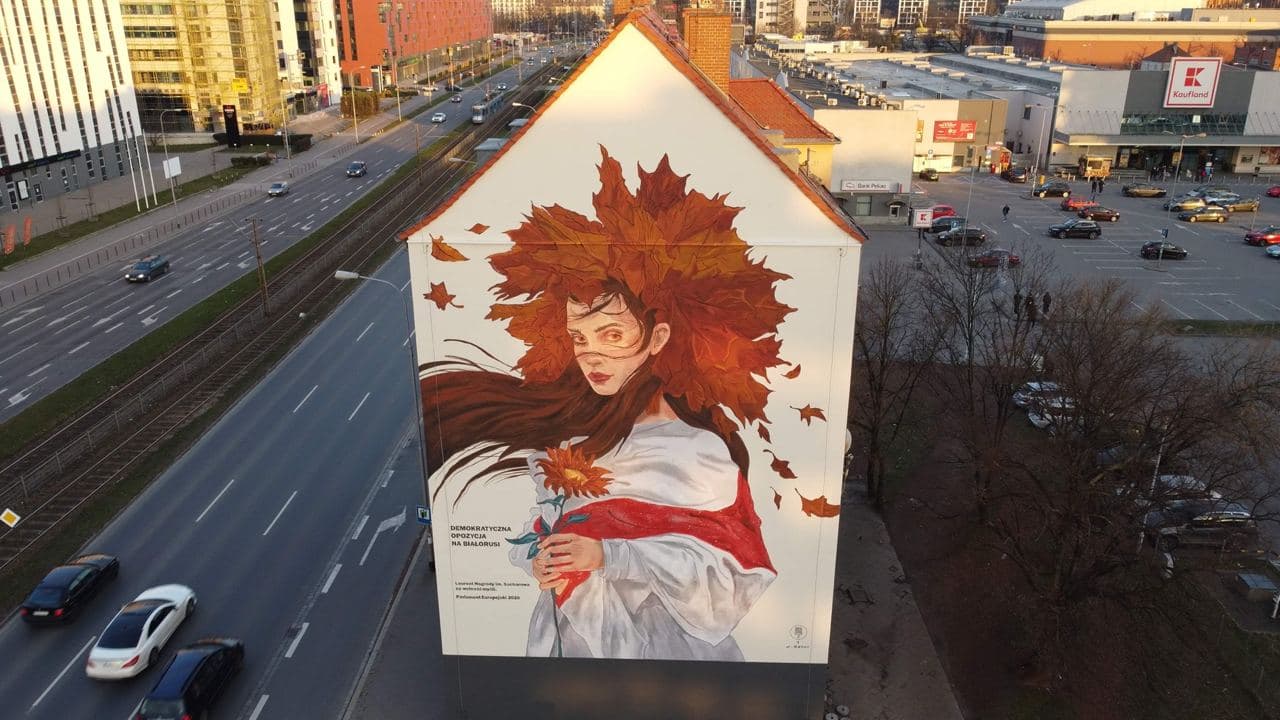
The exhibition Face It, timed to the Belarusian “Freedom Day”, opened at the Newman’s Fine Art Gallery in San Francisco.
Italian graphic Gianluca Constantini supported convicted Belarusian journalists Kaciaryna Barysievič [Katsiaryna Barysevich], Kaciaryna Andrejeva [Katsiaryna Andeyeva] and Darja Čulcova [Daria Chultsova], and blogger Ihar Łosik [Ihar Losik].
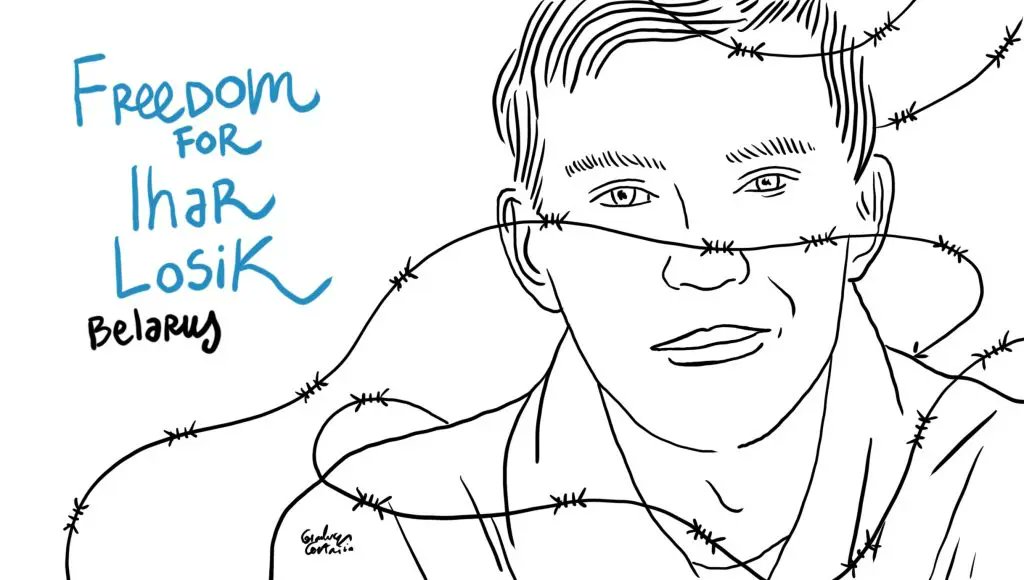

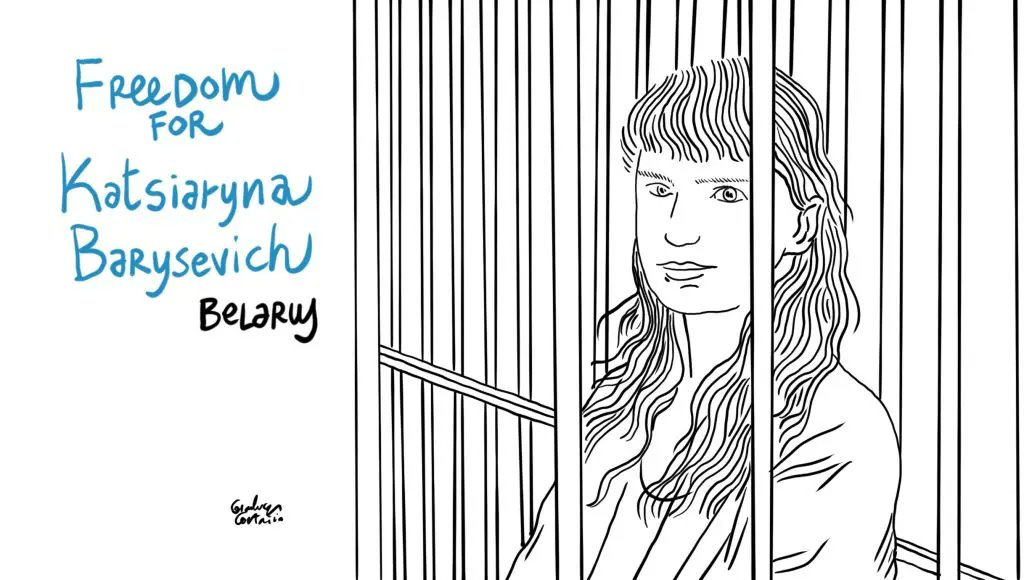
As a continuation of the campaign „How Can I Help You? in solidarity with the Civil Society in Belarus“, a photo exhibition about the current protests in Belarus can be seen in the STRAZE windows in Greifswald, Germany.
Download the pdf-version of issue 26 of Cultural Resistance Monitoring
